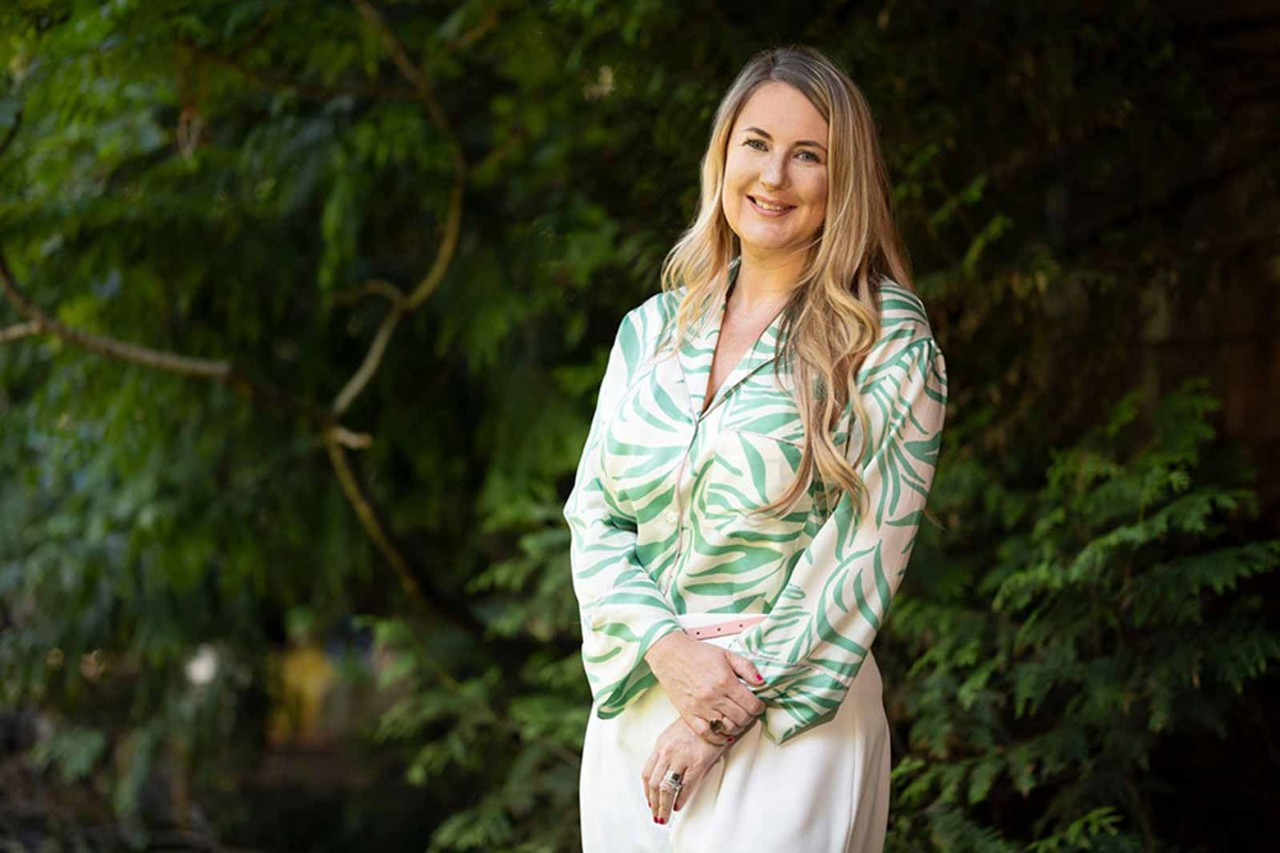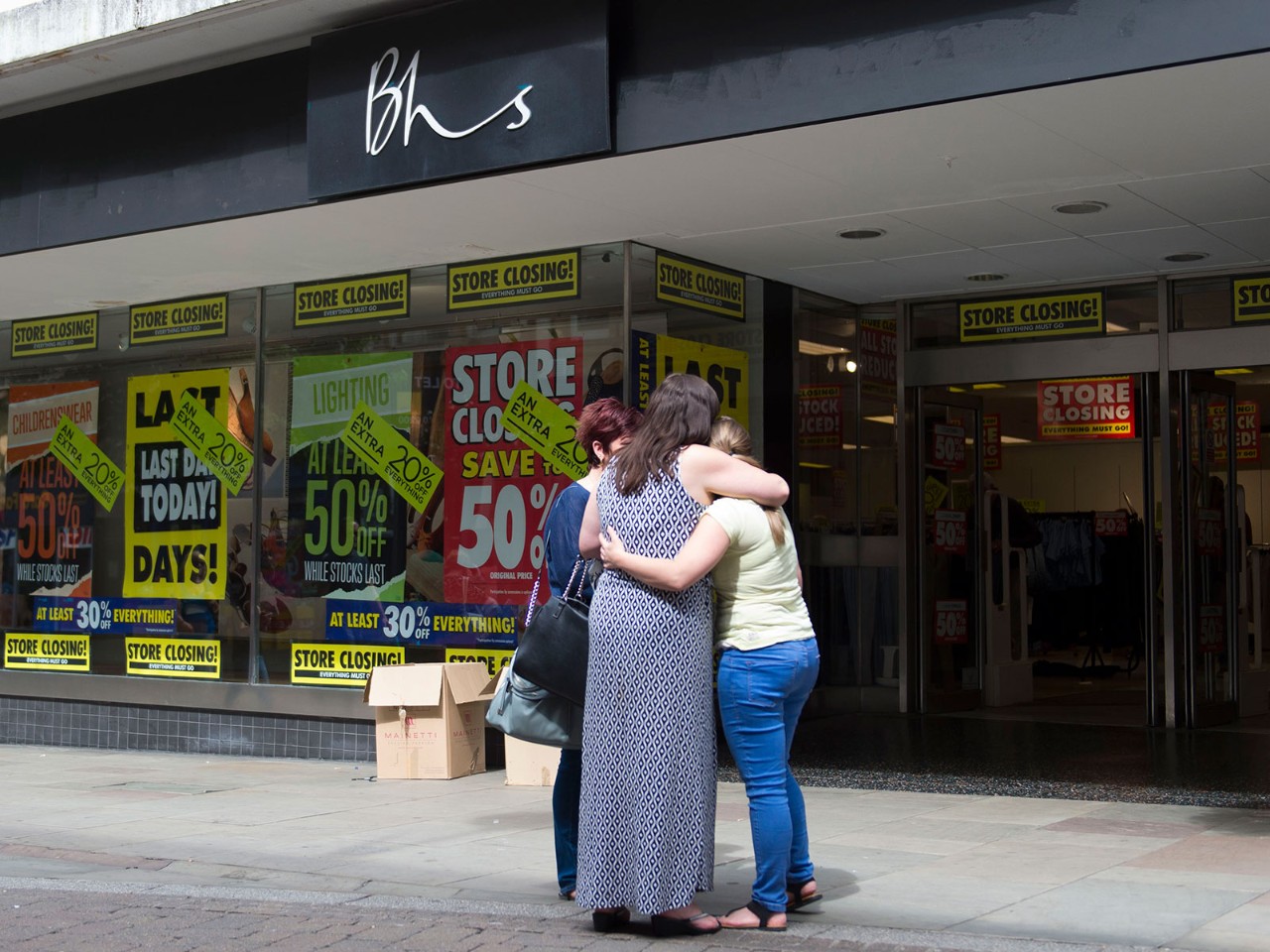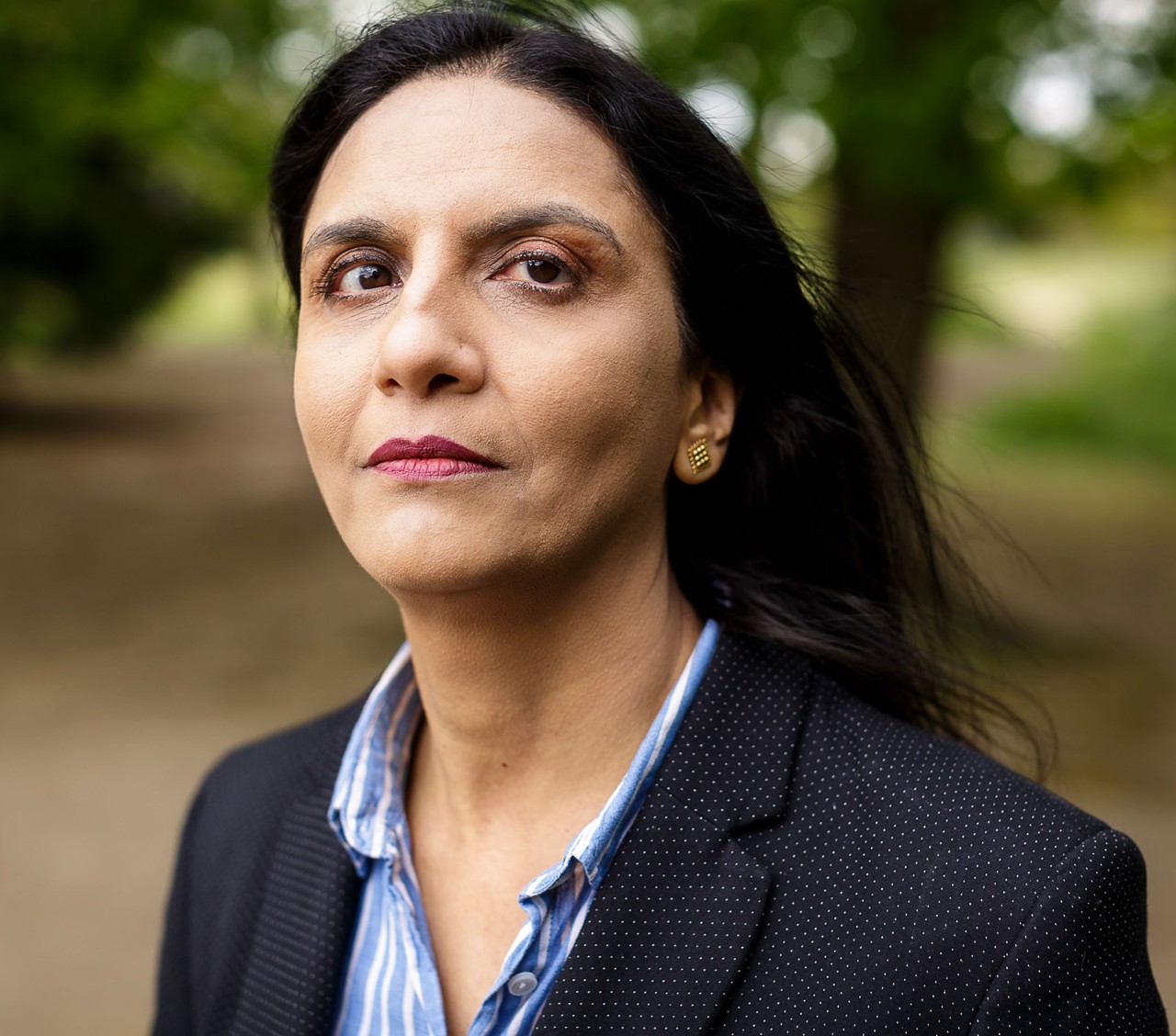
When Mark Drakeford, the first minister of Wales, announced in June 2019 that plans to build an M4 relief road around Newport would not go ahead, it marked the end of almost 30 years of heated debate. The scheme was expensive – costs had risen to an estimated £1.4bn – but it was seen as economically necessary and a public enquiry had concluded that it represented value for money. A major factor in the final decision, though, was the intervention of Sophie Howe, the future generations commissioner for Wales.
In September 2018 Howe released a report, Transport Fit for Future Generations, and did not pull her punches. ‘The Welsh government’s obsession for addressing 21st-century transport issues with 20th-century solutions must not continue,’ she said.
‘Accountants and others should be required to embed a long-term view of financial planning’
The report argued that the relief road would exacerbate many of the societal and environmental challenges facing Wales, and proposed instead a series of alternative public and active travel options, for a fraction of the cost.
‘The M4 relief road was the big test for us,’ says Howe. And it showed that the world’s first (and so far only) legally empowered future generations commissioner was a force to be reckoned with.
Raising the game
Howe’s role sprang out of the Well-being of Future Generations (Wales) Act. This 2015 law sets seven wellbeing goals: to make the country more prosperous, resilient, healthy and equal, to create a nation with cohesive communities and a vibrant culture (including a thriving Welsh language), and to be globally responsible.
Essentially, the law requires all 44 public bodies in Wales to consider the long-term implications of their decisions, to work more effectively with communities and each other, and to prevent persistent problems such as poverty, climate change and health inequality.
‘The arguments for building the relief road were mainly economic,’ Howe says, ‘so I asked the Welsh government to explain how the plan met any of the seven goals of the Act, when a quarter of people in Wales don’t own a car, when it would be built through a nature reserve, and when building it would result in half a million tonnes of carbon emissions. On every level, it was not aligned.’
Breaking the cycle
Growing up in a suburb of Cardiff that was ‘always in the headlines for the wrong reasons’, Howe’s frustration at seeing successive generations trapped into cycles of poverty, poor education and shorter life expectancy drew her into politics, and at the age of 21 she became the youngest local councillor in Wales.
‘I’ve always been interested in the power of early intervention,’ she says. ‘Social services were only ever a sticking plaster for problems that moved from one generation to the next.’ When she was appointed future generations commissioner in 2016, she knew she had landed her ideal role.
Forcing public bodies to act in ways that are compatible with sustainable development, rather than just talk about it, means taking on deeply ingrained thinking and processes.
‘Anyone who has worked in government knows that when something is discussed, it usually ends up with a report being published that no one takes any notice of. When it comes to sustainable development, what really matters is what the housing minister, the transport minister or the education minister does about it.’
Five years into her appointment, she says that the wellbeing goals ‘are starting to infiltrate thinking in Wales’. The national transport strategy is aligned with the Future Generations Act, and focuses on reducing the need for travel, followed by investment in public and active transport, before any roads are constructed.
And the new national school curriculum, due to come into effect in 2022, will be expanded beyond academic learning to include ways of creating ethical, informed, healthy and confident school leavers.
Challenging views
The Act and the commissioner are challenging some deep-rooted views, Howe says. ‘Like the thinking that you always have to balance a budget within a year, or you must meet waiting time targets, rather than prevent people from needing to join the waiting list in the first place.’
And the challenge goes well beyond the public sector. ‘At the moment we’re looking at inequality, and I would say we are in a trance of wilful blindness,’ she says.
‘I thought I had the coolest job title in the world, but in the UAE they have a minister for happiness’
‘If someone had said two years ago that a pandemic was going to hit, you could say with confidence that deprived areas would be hit hardest. And that was true. We know this, we know what we need to do to prevent it, and we don’t do it.
‘So what happens when the effects of automation are felt? Who will be the winners and losers? We know the answer to that. And we know that the losers around climate change will be those already affected by flooding, the people without insurance and those in cheap housing. These problems can be solved, but you need to look ahead.’
Accountants vital
Accountants, she adds, play a vital role. ‘People follow the money – and they are in a system that encourages everyone to take a short-term view. If we are going to tackle these problems, we need to take a longer-term view of investment. I would say that accountants and others should be required to, and rewarded for, embedding a long-term view of financial planning.
‘We need accountants to challenge the system they inherited. Because it is about the system, not the individual. My job is to call out the nonsense – like the nonsense of a local authority paying millions to clean up flooding damage when their pension fund is investing in fossil fuels.’
Howe may be the world’s first future generations commissioner, but she certainly won’t be the last. The SNP in Scotland included a similar concept in its latest manifesto and may be the next UK nation to appoint one. A private member’s bill has been raised in the House of Commons, led by Lord Bird (founder of the Big Issue) and Green Party MP Caroline Lucas, which calls for similar legislation at a UK level.
Many other countries are also taking a close interest in Howe’s role. ‘We’ve had discussions with New Zealand, but they haven’t gone as far as we have yet,’ she says. ‘And we’re talking to the German government, Finland and the UAE – a big chunk of what we’re doing here in Wales is finding its way into government policy there. I thought I had the coolest job title in the world, but in the UAE they have a minister for happiness.’


